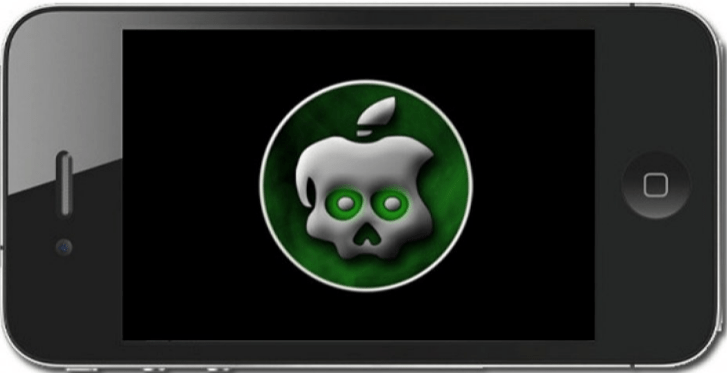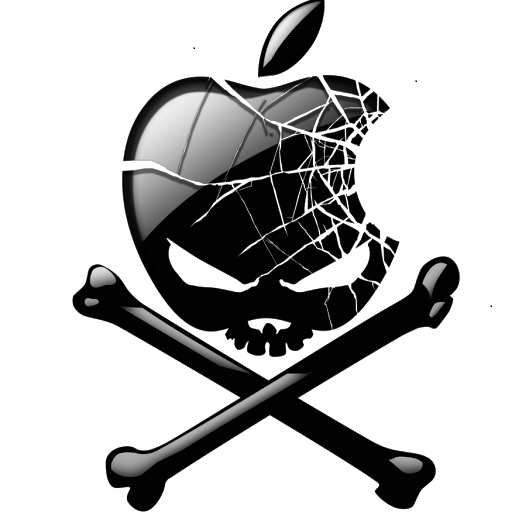KeyRaider: The biggest raid in Apple's data has been revealed. The attack is reported to be the biggest in the company's history, as Apple's 250.000 accounts are at risk from a malware.
The hack as mentioned above affects at least 225.000 valid Apple accounts and its goal is jailbroken devices that no longer have Cupertino's strict security controls.
Let's say jailbreaking is popular, and Apple is constantly updating to stop it. The modifications made by Jailbreak allow additional interventions and installation of tweaks and applications from the alternative Store, Cydia. Of course Cydia also has pirated applications.
Palo Alto Networks security researcher Claud Xiao says the KeyRaider malware copies device credentials and GUIDs and sends them to remote servers along with the data iTunes of the user.
"We believe this is the largest account theft known to date to Apple and has been caused by malware," Xiao said.
“The malware spoofs MobileSubstrate's processes, and steals Apple accounts. So usernames, passwords and the GUID of the device along with the details of the data of iTunes leave the device.
Xiao reports that the KeyRaider app also steals device notifications, Apple's private keys, information purchases from the App Store, and disables local and remote featureslocking for iPhones and iPads.
The affected users are mainly in China, but also in 17 other countries like Britain, France, USA, and Australia.
Some victims report that their devices were locked and forced to pay a ransom.
The attack was discovered by a Yangzhou University student known as i_82 who collaborated with Xiao and his team.





